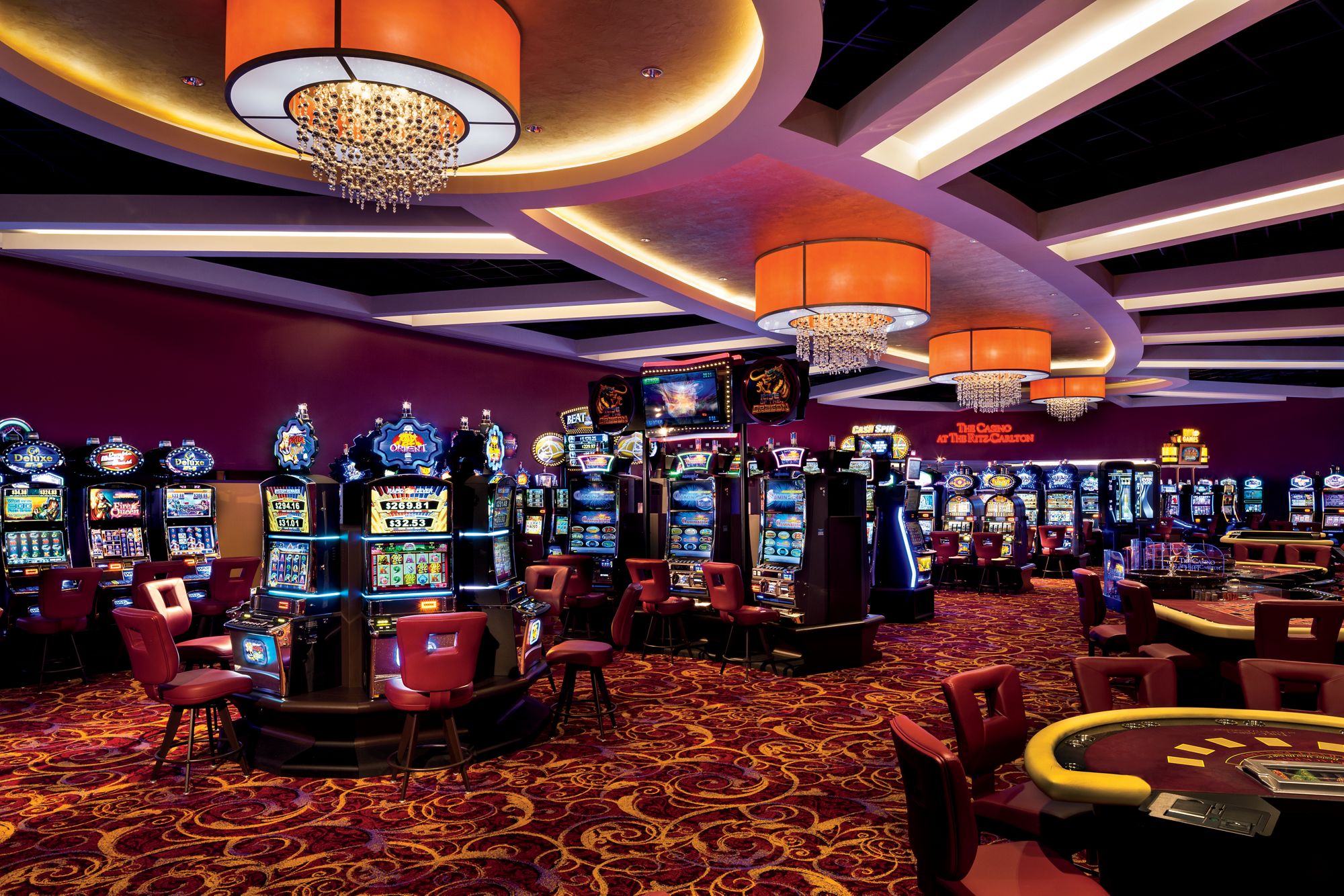Casino entertainment have long been a significant aspect of human culture, delivering not just entertainment but a captivating reflection of our dreams, ambitions, and concerns. From the turning reels of a slot machine to the skill-based strategies of poker, these games represent a spectrum of human emotions and incidents. At their core, casino games are not just a chance to earn cash; they are a microcosm of life itself, where risk versus reward intertwine and luck can change in an eye blink.
As players assemble around tables or sit in front of brightly lit machines, they participate in a ceremony that transcends mere playing. These games reflect our innate desires for connection, thrill, and the quest for chance. They also disclose deeper truths about human behavior, such as our relationship with luck and the excitement of uncertainty. Ga179 In exploring casino games, we reveal not only the rules of play but also the complex weave of the human story, showcasing our interconnected narratives of goal and reality.
The Mind Behind Gambling
Wagering is intrinsically connected in human psychology, tapping into various feelings and wants. The thrill of taking risks is a core aspect that draws players in, whether the thrill of spinning a roulette or the excitement of drawing a winning card in a poker game. This adrenaline is often compared to other forms of excitement, as the uncertainty of outcomes elicits a unique psychological response. Players often become captivated by the possibility of striking it rich, leading to an almost magnetic draw toward gambling games.
Additionally, a crucial component of the psychology behind gambling is the concept of optimism and ambition. Players often indulge in fantasies of financial freedom and the luxurious lifestyle that can follow winning. This hope fuels their ongoing participation in casino games, as it provides a sense of meaning and the conviction that a transformative win could be just one bet away. The story of overcoming odds and finding success resonates with many, strengthening their commitment to play and involve themselves with these games.
Lastly, social dynamics play a significant role in gambling psychology. Casino environments are designed to promote social interaction, where gamblers gather to share the experience of wins and losses. This shared aspect not only amplifies enjoyment but also influences behavior, as individuals often imitate the actions of others around them. The social validation found in mutual thrill can magnify the emotional experience, making casino games a reflection of not just personal desires but also collective engagement within the gaming community.
### Risk and Reward: A Double-Edged Sword
Gambling activities embody the fragile balance between risk and reward that resonates profoundly with the human experience. The rush of placing a bet is often accompanied by a jolt of energy, as players are confronted with the possibility of a huge payout, yet cognizant of the risk to lose. This dual experience reflects a essential aspect of life: the paths we choose often come with intrinsic risks, and the quest for benefit can drive us to make risky moves we might not typically consider. In this way, casino games echo real-world choices, enticing gamblers to gamble not just their capital, but also their dreams.
The allure of big prizes and winnings fuels a wave of hope, inspiring players to dream of a better future that could arise from a fortunate turn of the roulette or turn of a card. This hope can drive individuals to engage in more daring actions, encouraging them to push their boundaries in search of economic benefit. However, just as in life, the consequences of these risks can lead to both triumph and failure. The narratives of both jackpot winners and those who have faced losses everything at the casino demonstrate the random nature of chance and its consequential impact on our lives.
Ultimately, the experience of engaging with gambling activities serves as a strong reminder of the nature of humanity. Every session played is filled with the tension of ambiguity, as gamblers weigh the rewards against the dangers. This balance not only highlights the excitement that comes with gambling but also reveals the risks that come with the desire for more. As we journey through the challenges of decision-making and consequence in both the gambling world and in life, we find that the pursuit of risk and reward shapes our sense of self and lives in significant manners.
Society and Loneliness in Casino Environment
Casino culture is a unique mix of social interaction and personal pursuit, reflecting the contrasts of individual experience. Gamblers often gather around games, sharing in the thrill of the action, celebrating wins, and sympathizing over losses. This communal aspect is essential, as it establishes a sense of community and camaraderie among varied groups of people. Regular attendees to gaming establishments may build friendships and develop routines, turning the casino into a second home where they feel linked to a larger community of players.
However, the allure of casino activities can also result to loneliness. As players become engrossed in the thrill of playing, they may isolate from personal relationships or fail to interact with the environment outside the casino. For some, the pursuit of a jackpot can overshadow genuine relationships, leading to loneliness. The experience of being among people yet experiencing solitary is not uncommon, as the focus shifts from collective fun to the private concerns of each player’s path.
This interaction of community and solitude creates a rich mosaic that defines casino atmosphere. It showcases the intricacy of human interactions, where joy and sorrow exist together. Casinos serve as both a sanctuary for social interaction and a stage for individual struggles, demonstrating how deeply entwined our yearning for companionship and the individual quest for wealth can be. In navigating this landscape, players confront their own stories—seeking both the thrill of the game and the fellowship of fellow gamblers, ultimately reflecting the broader spectrum of individual experience.

